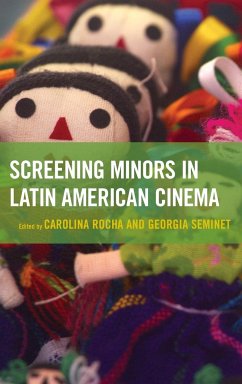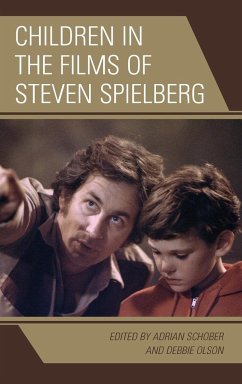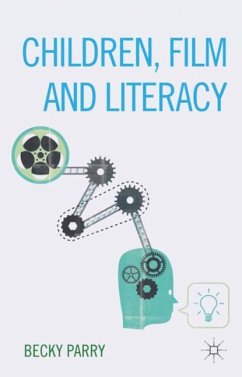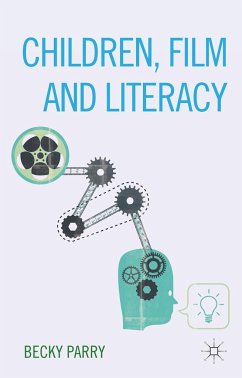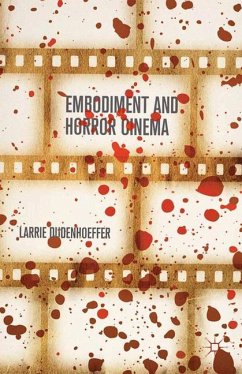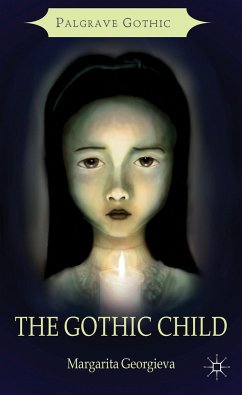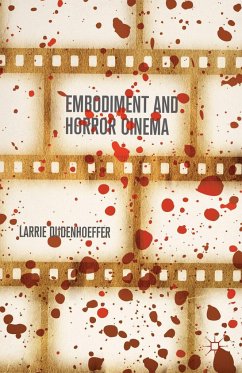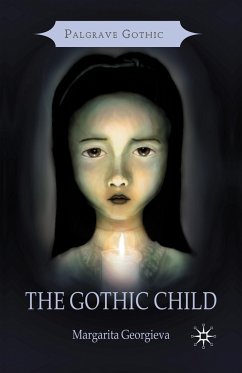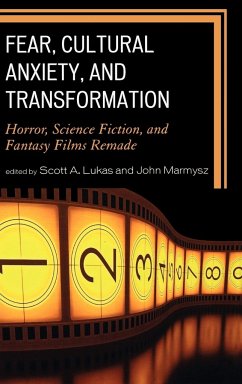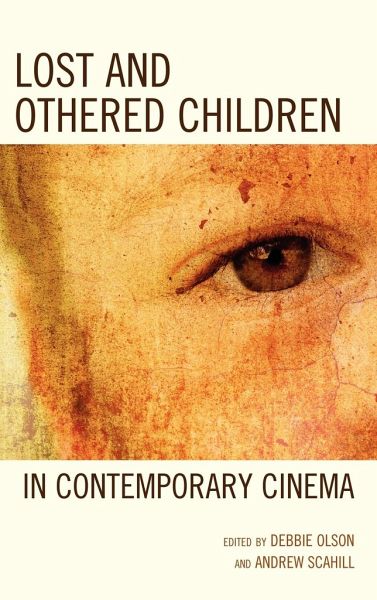
Lost and Othered Children in Contemporary Cinema
Versandkostenfrei!
Versandfertig in über 4 Wochen
138,99 €
inkl. MwSt.

PAYBACK Punkte
69 °P sammeln!
Lost and Othered Children in Contemporary Cinema, edited by Debbie C. Olson and Andrew Scahill, is an edited collection that challenges notions of the innocent child through an exploration of the dark side of childhood in contemporary cinema. The contributors to this multidisciplinary study offer a global perspective that explores the multiple conditions of marginalized childhood as cinematically imagined within political, geographical, sociological, and cultural contexts.





